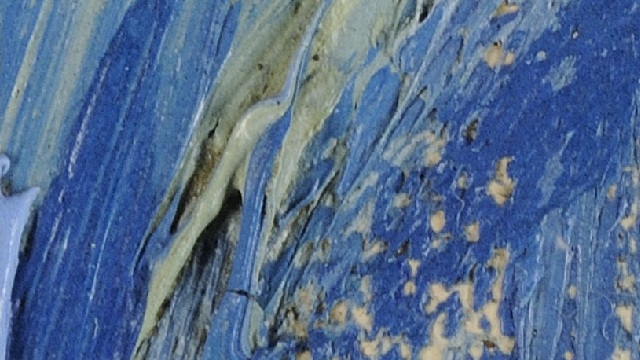Artificial Pleasure: A Cognitive Miracle

Humans have a complex relationship to pleasure. We want to feel pleasure, so we eat food, drink water and have sex and thereby survive and get out genes into the next generation. But also, we clever humans have figured out how to artificially activate our pleasure circuits.
So rather than naturally activating with food or sex, we can artificially activate them with things like heroin or nicotine or alcohol or amphetamines or cannabis. And in so doing, we can divorce pleasure from its evolutionary origins.
In addition, a cognitive miracle has happened. And the cognitive miracle is this. When you take the evolutionarily ancient pleasure circuit and you interconnect with regions of the brain that are involved in things like emotion and planning and social cognition and decision-making, what you get is that utterly arbitrary things can then be pleasurable. Mere ideas can be pleasurable.
So for example, a mouse and a human can get pleasure from eating food or having sex. But only a human can get pleasure from abstaining from sex or fasting if they have a particular set of cultural or religious or political beliefs that underlie that.




